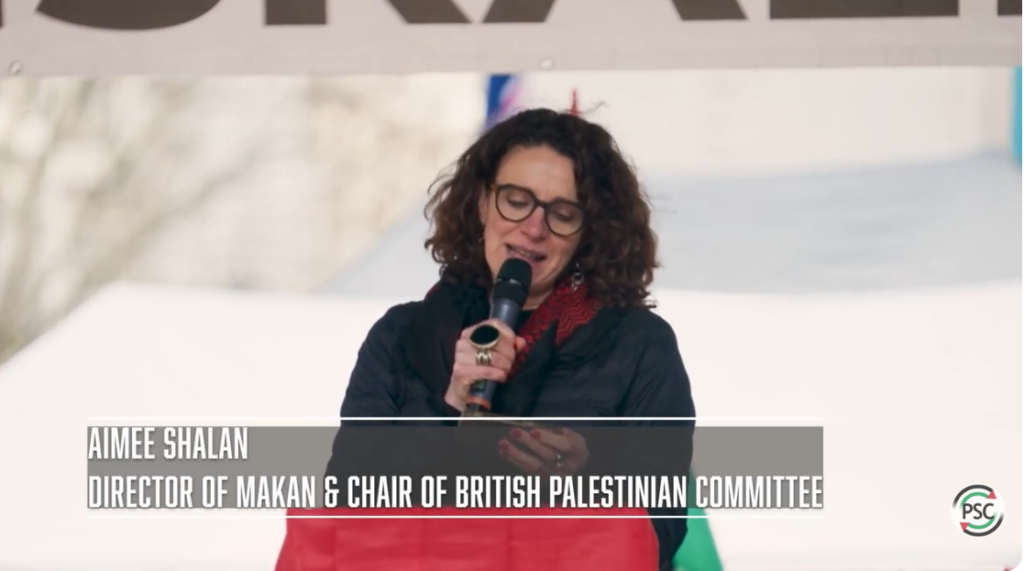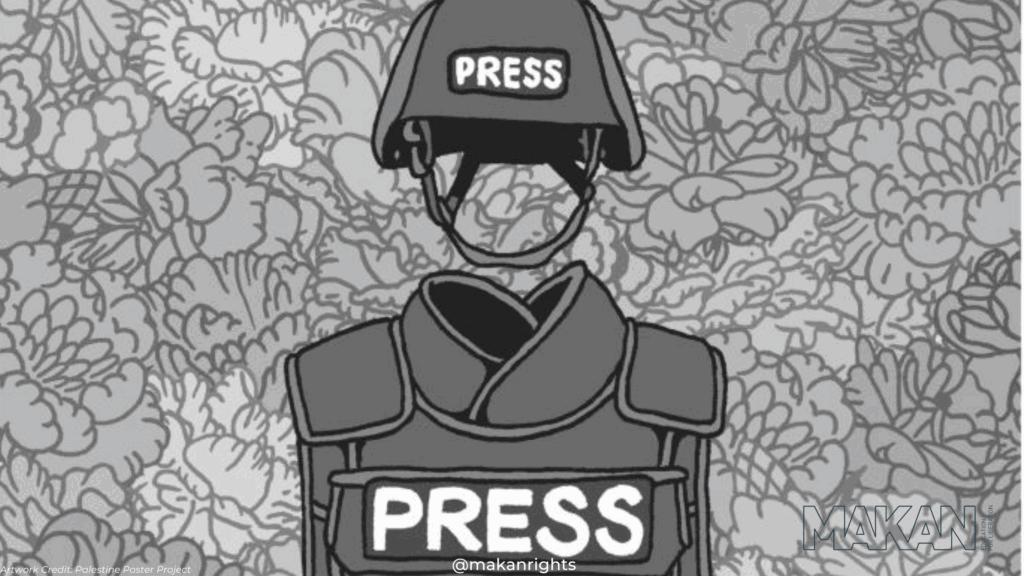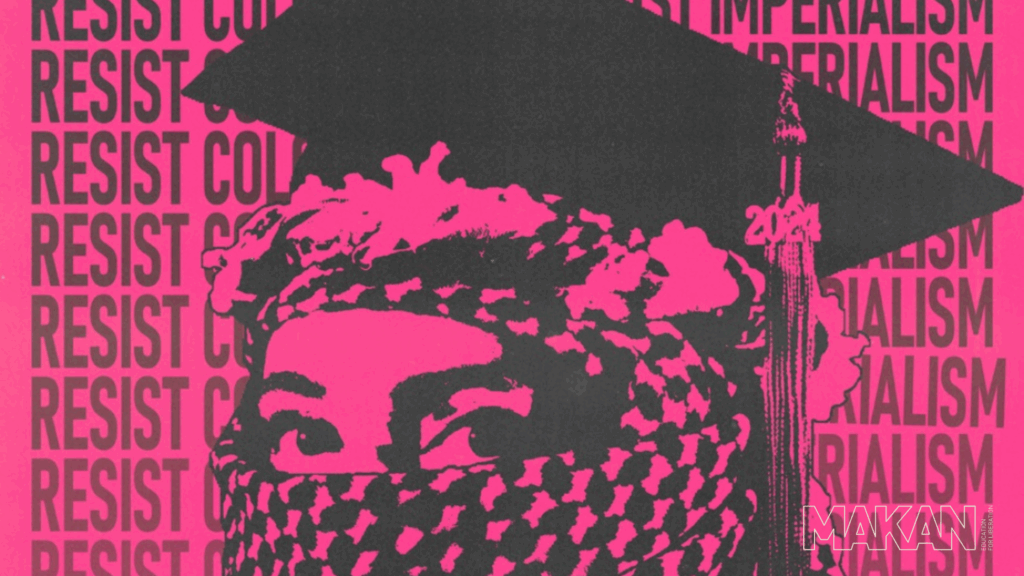Queerness, Feminism & Palestine: Behind the Scenes with Makan’s Educational Programmes
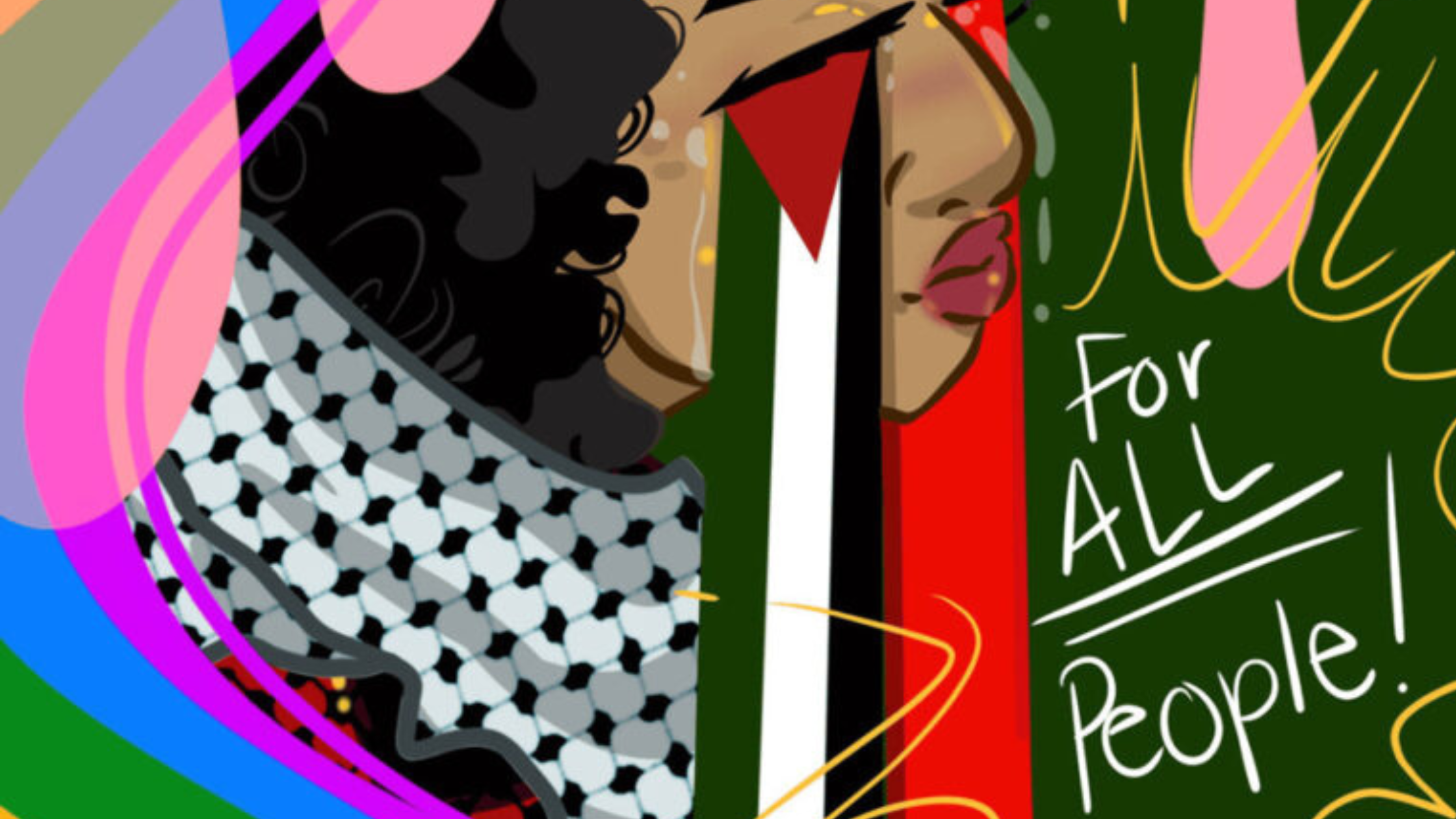
Recently, we launched our “Gender, Sexuality & Anti-Colonialism in Palestine” workshop series, designed to deepen our existing workshop on gender and sexuality and to make its content more interactive and accessible. The series works to help participants understand how gender and sexuality are inherently part and parcel of the Palestinian liberation struggle, and vice versa that the Palestinian liberation struggle is central to any meaningful global feminist and queer liberation struggle.
The first session of the series unpacks how enforcing heterosexuality and the gender binary are actually central to Zionism, and to all colonial projects. We started this first session, “Zionism, Gender and Sexuality”, by sharing the images below. We’ll ask you the same questions we ask our workshop participants: when looking at these images, how do they represent masculinity and femininity, and how do you think they link gender to colonialism?

Gender and sexual liberation are often conceptualised as secondary to the Palestinian struggle, or even ‘irrelevant’. These images show us that from Zionism’s very inception, gender and sexuality have been core to constructing a supremacist settler colonial society. It helps the Zionist project secure the labour needed to produce a settler society with a demographic majority. This is done by foregrounding the role of the dominant, masculine settler working the fields and in the military, and the cis-heterosexual childbearing settler woman, who facilitates the role of the masculine settler in building the state, whether through labouring in the home to reproduce the family, or in the fields or military alongside men.
The second and third workshops in the series pick apart how Zionism weaponises gender and sexuality against Palestinians, and how Palestinian feminist and queer resistance on the ground makes connections between decolonisation and gender and sexual liberation, pushing forward the struggle and the benchmark for what freedom looks like. This includes engaging in meaningful internal critique of how gender is mobilised within Palestinian resistance art and propaganda, and reveals that even when gender is not an explicit or conscious focus, it is ever-present in imagery and in discourse.
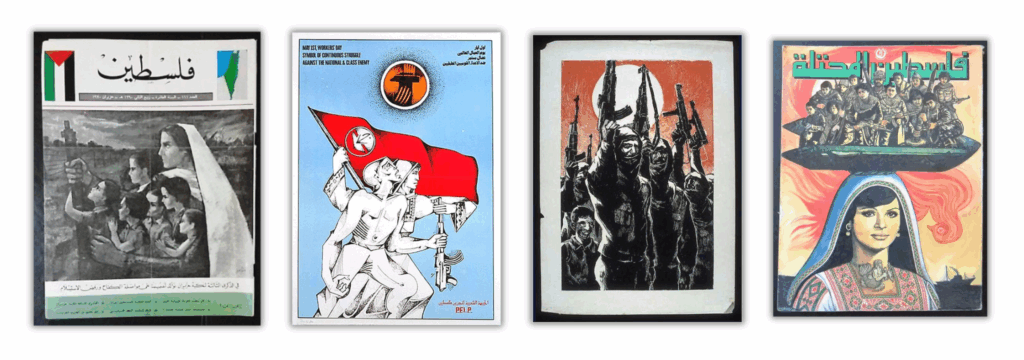
“What comes first – national liberation or gendered liberation?”
This question surfaced repeatedly in our workshops, as participants expressed their confusion and frustration in trying to talk about gender, sexuality and Palestine. But at the core of the question is an assumption that gender and sexual liberation and Palestinian liberation are separate or mutually exclusive, and as we have discussed, this couldn’t be further from the truth. Without the advancement of women and LGBTQ+ people in Palestinian society, resistance is weaker, and without the advancement of the national decolonial struggle, the condition of women and queer Palestinians remains precarious.
This is especially important to understand in light of the fact that Zionism plays on divisions within Palestinian society to fragment and weaken the collective. The ongoing genocide in Gaza horrifically exemplifies these tactics to fragment and weaken, as we’ve seen with Israeli occupying forces raising pride flags in the midst of homes they’ve destroyed, claiming its the first time a pride flag has been raised in the Gaza Strip; or publicising Palestinian women’s lingerie in the homes they’ve raided and destroyed, calling Palestinian women the most ‘easy’ of all women; or blackmailing LGBTQ+ Palestinians to pressure them into becoming informants, with the intention of perpetuating homophobia within by Palestinian society by creating an association between queer people and betrayal. Colonialism benefits from the idea that feminism and queerness are antithetical to our liberation.
Western nations posture as champions of free speech, women’s rights, and LGBTQ+ rights, but we must recognise this for what it is: age-old colonial propaganda, rooted in lies. While outlawing trans people’s access to public space and further stripping back reproductive rights, Western nations are only interested in appearing progressive. This is about weaponising the image of being allegedly “civilised” to generate consent for the right to colonise others.
The workshops aim to demonstrate that claiming to champion women’s and LGBTQ+ rights in one context while ignoring, or even exacerbating the suffering of women and LGBTQ+ people at home and abroad is just a new colonial paradigm.
Whether through our upcoming events/workshops, or exploring our online resources, we’re inviting you to join the conversation and learn how liberation movements intersect. Here are some resources to help get you started on this journey:
- ‘No Pride in Genocide’, Makan
- ‘Whose History? A Conversation on Queerness, Colonialism & Liberation’, Makan
- Re-centering Palestinian Liberation and the Tal3at Movement: Feminism, Anti-colonialism & the Ongoing Nakba, Makan
- Walaa Alqaisiya
- KOHL Journal
- The Cunning of Gender Violence in Israel’s War on Palestinian Women – Sarah Ihmoud
- Palestinian Feminist Collective
- Reflecting on Queerness in Times of Genocide, Al Qaws
- The Emergence of the Palestinian Women’s Movement, 1929-1939 – Ellen Fleischmann
- Tal’3at
- ASWAT
- Can Palestinian Men be Victims? Gendering Israel’s War on Gaza
- The NGO-ization of resistance – Arundhati Roy
- Terrorist Assemblages: Homonationalism in Queer Times – Jasbir Puar
- Captive Revolution: Palestinian Women’s Anti-Colonial Struggle Within the Israeli Prison System – Nahla Abdoa
- Revolutionary Feminisms: Conversations on Collective Action and Radical Thought edited – edited by Ziadah and Bhandar
- Mondoweiss – Race and gender, Jewish supremacy, and refusal in the Israeli racial colony
Until liberation,
The Programmes team
Explore
Palestine 101
Learn the basics
Related posts
Aimee Shalan speaks at the 34th National Demonstration for Palestine
Last weekend, on Saturday 31 January, our Director, Aimee Shalan, delivered a powerful speech at the 34th National Demonstration for Palestine, which saw around 100,000…
Honouring Palestinian Journalists
In light of Israel’s killing of five Al Jazeera journalists in Gaza, we reflect on the history and reality of journalism in Palestine and the…
Transformative education is for everyone: The role of educators for Palestine
Institutions across the world are deeply entangled in the machinery of Palestinian oppression. Pension funds bankroll weapons manufacturers. Universities invest in firms linked to Israel’s…
